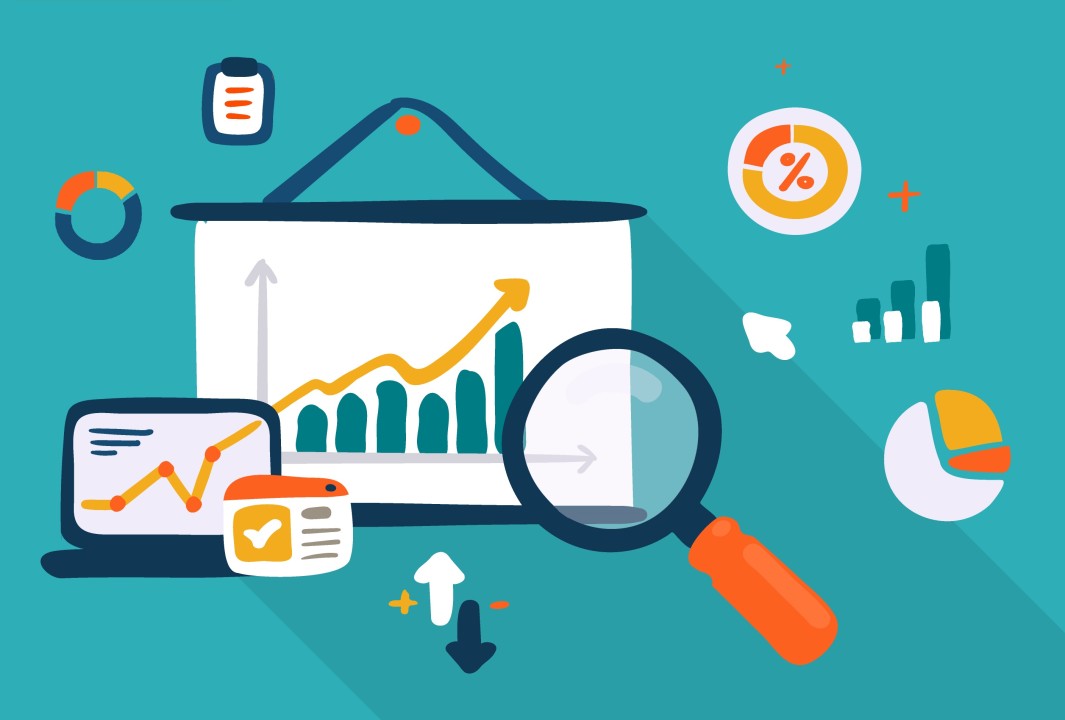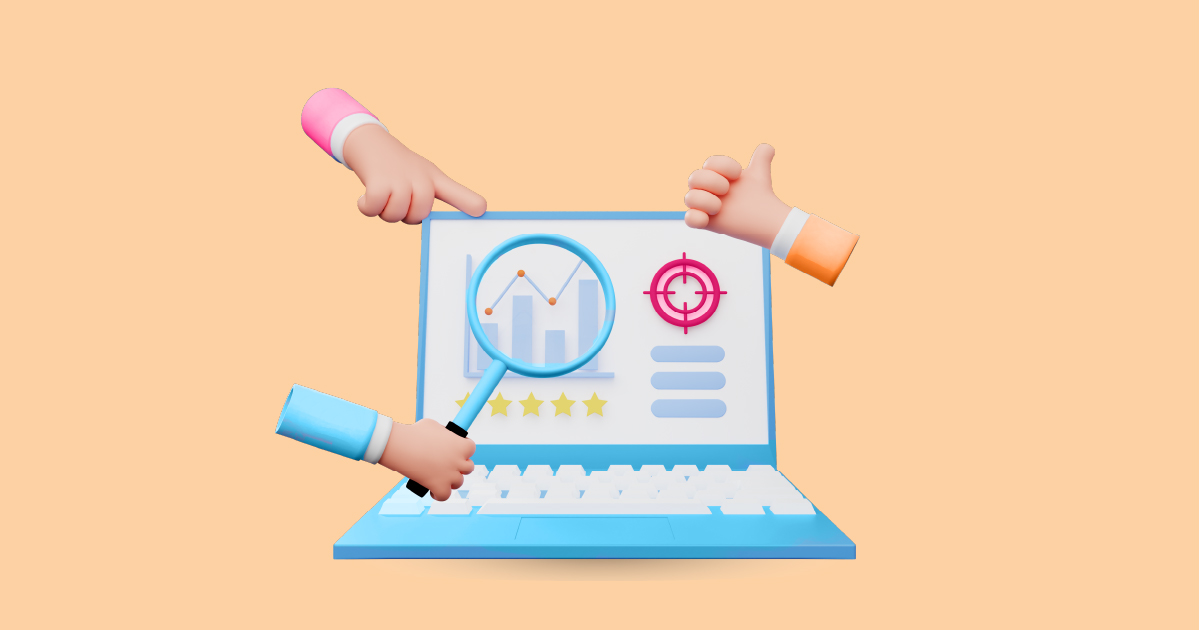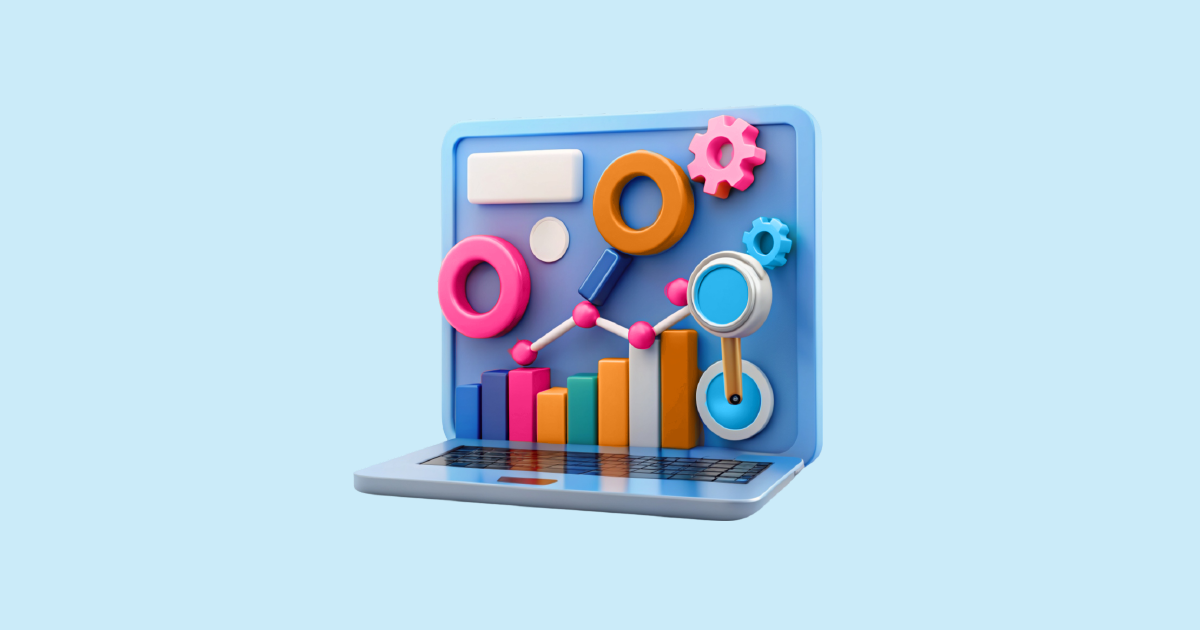Social media has become a bustling digital marketplace where opinions are shared, brands are built, and trends are born. But how do businesses navigate this ever-changing landscape? Enter social media monitoring tools. These powerful tools act like a magnifying glass, helping companies keep track of what’s being said about them across various platforms. Why does this matter? Because staying ahead of the conversation is key to success in today’s digital age.
What is Social Media Monitoring Tools

Understanding Social Media Monitoring
Social media monitoring is all about keeping tabs on your brand’s presence online. It’s about tracking mentions, keywords, and hashtags to understand public sentiment and uncover insights. It differs from social listening, which delves deeper into analyzing and interpreting the collected data to inform strategy. Think of monitoring as the eyes and ears, while listening is the brain making sense of it all.
Key Features
- Real-Time Alerts: Imagine being notified the instant someone mentions your brand. Real-time alerts help businesses react quickly to both positive and negative mentions.
- Sentiment Analysis: Understanding the emotion behind a mention—whether it’s praise or criticism—helps in shaping an appropriate response.
- Competitor Analysis: Keeping an eye on the competition is crucial. These tools can track competitor mentions and strategies, giving you an edge.
- Customizable Dashboards: Tailor your monitoring experience by focusing on the metrics that matter most to your business.
- Reporting and Analytics: Comprehensive reports provide insights into trends and engagement, helping you refine your strategy.
Benefits
- Enhanced Customer Engagement: Responding to mentions and queries promptly builds a stronger relationship with your audience.
- Reputation Management: Quickly addressing negative comments can prevent a small issue from escalating into a full-blown crisis.
- Competitive Intelligence: Gain insights into competitors’ strategies, allowing you to adjust your approach to stay ahead.
- Improved Content Strategy: Discover what type of content resonates with your audience, leading to more effective campaigns.
- Crisis Management: Early detection of potential issues can help in managing crises more effectively, protecting your brand’s image.
Popular Social Media Monitoring Tools
- Hootsuite: Known for its extensive features and user-friendly interface, Hootsuite is a favorite among many marketers.
- Sprout Social: This tool excels in deep data analysis, providing valuable insights into consumer behavior.
- AIM Insights: Offers robust analytics and social listening capabilities, making it a comprehensive tool for businesses.
- Mention: Ideal for smaller businesses, Mention is known for its affordability and ease of use.
- Zoho Social: Offers a wide range of features at a competitive price, making it a strong contender in the market.
How to Choose the Right Social Media Monitoring Tool
- Assessing Your Business Needs: Start by understanding what you want to achieve. Are you looking for brand mentions, competitor insights, or both?
- Evaluating Key Features: Ensure the tool offers essential features like sentiment analysis, real-time alerts, and comprehensive reporting.
- Budget Considerations: Balance cost with the features offered. Some tools provide a great bang for your buck.
- Scalability and Integration: Consider how well the tool can grow with your business and integrate with existing systems.
Setting Up Social Media Monitoring
- Identifying Goals and KPIs: Clearly define what you want to track and measure, whether it’s brand mentions, sentiment, or competitor activities.
- Selecting Platforms to Monitor: Choose platforms most relevant to your audience. Focusing on the right channels can yield better results.
- Configuring Alerts and Notifications: Set up notifications for key mentions or spikes in activity to stay informed in real time.
- Regularly Reviewing and Adjusting Strategies: Social media trends can change overnight. Regular reviews ensure your strategies stay effective.
Challenges
- Data Overload: With so much data available, it’s easy to get overwhelmed. Focus on metrics that align with your goals.
- Privacy Concerns: Balancing data monitoring with user privacy is crucial. Ensure compliance with data protection regulations.
- Keeping Up with Changing Trends: The digital landscape is ever-evolving. Staying updated on trends ensures your monitoring efforts remain relevant.
Future Trends
- AI and Machine Learning: These technologies are set to revolutionize social media monitoring, offering more accurate insights and predictions.
- Predictive Analytics: Beyond understanding current trends, predictive analytics will help foresee future movements, allowing for proactive strategies.
- Integration with Other Business Tools: Expect deeper integration with CRM and marketing platforms, offering a unified view of customer interactions.
Case Studies: Success Stories with Social Media Monitoring Tools
- Example 1: Crisis Averted: A company detected a potential PR crisis early and managed to mitigate it, showcasing the importance of real-time monitoring.
- Example 2: Enhanced Customer Engagement: By responding promptly to mentions, a brand improved customer satisfaction and loyalty.
- Example 3: Data-Driven Marketing Success: Leveraging insights from monitoring tools, a business refined its marketing strategy, leading to a significant increase in ROI.
Conclusion
Social media monitoring tools are no longer a luxury but a necessity in the digital age. They empower businesses to understand their audience better, manage their reputation, and stay ahead of the competition. As these tools continue to evolve, their importance will only grow, making it crucial for businesses to adopt and adapt to these technologies. To see how these tools can transform your business, request a demo from AIM Technologies today and experience firsthand the power of advanced social media monitoring.
FAQs
What is the primary purpose of social media monitoring tools?
The main purpose is to track brand mentions, understand public sentiment, and gather insights for strategic decisions.
How do social media monitoring tools benefit small businesses?
They provide affordable ways to manage reputation, understand customer needs, and improve marketing strategies.
Can social media monitoring tools improve customer service?
Yes, by enabling prompt responses to customer queries and complaints, enhancing overall customer satisfaction.
What are the limitations of social media monitoring tools?
Challenges include data overload, maintaining privacy, and the need to continuously adapt to new social media trends.
How often should businesses review their social media monitoring strategies?
Regular reviews, ideally monthly or quarterly, ensure that the strategies remain aligned with evolving business goals and market trends.



